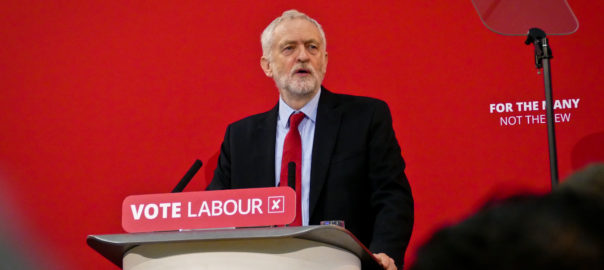The British Labour party’s decision to back a second referendum has raised the hope of ardent remainers. The latter claim a “people’s vote is now inevitable” and “remain can win”.
Their optimism may simply be a matter of political manoeuvring. They may be talking up the prospect of overturning Brexit to build support for this option. However, their view of Leave’s victory in 2016 suggests they genuinely think they will prevail. Many of them believe this victory stemmed from information deficiencies. They see leave voters as being misinformed, uninformed, or both, implying that had they been exposed to more accurate information, they never would have chosen to exit the EU.
Some aspects of the Leave campaign were undoubtedly misleading. The UK doesn’t pay £350 million a week to Brussels, for instance, and Vote Leave wasn’t in a position to suggest that the money Britain saved by exiting the EU would be spent on the NHS. To say this campaign dealt in “lies and false promises” is therefore true.
Continue reading Information or ideology? Why most leavers still back Brexit

